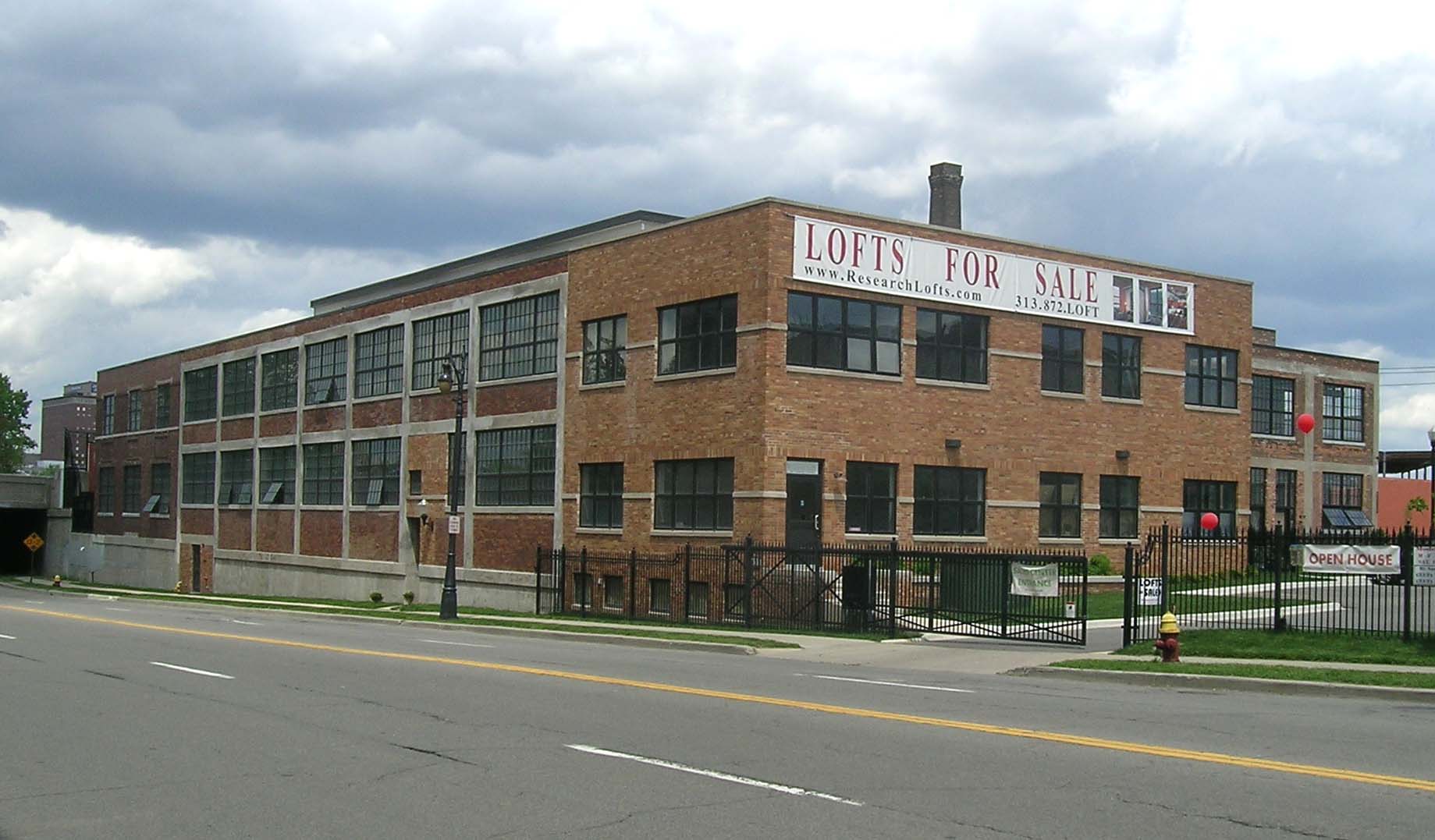What could bring house prices and rates down? According to my friend Jay Vorhees at JVM Lending, it could be something called “monetary tightening,” or an experiment conducted by The Fed to infuse the economy with cash. Basically, what Jay is getting at, is that you’ll never know exactly when to buy or sell (or when a market dictates that decision), and that assuming you know the market intimately trying to time the market may be a mistake. Read on for more from our slightly-edited version of Jay’s blog:
Dude Sells Too Soon!
I was at a graduation party yesterday and the host told me how his law partner sold his Silicon Valley home two years ago because he was convinced the market had peaked.
It hadn’t. The poor guy’s former home has gone up another 20% since he sold, and so has his rent. The host made the further point that people should never try to time a market they are not intimately familiar with.
I like to remind everyone that nobody should ever try to time a market, no matter how much they know, because there are so many variables they have no control over – especially when those variables involve the Fed.
Elephant in Room: Monetary Tightening
There is a huge elephant in the room that nobody is talking about: Massive Monetary Tightening via Higher Rates and Quantitative Tightening.
After the meltdown, the Fed engaged in a massive experiment known as Quantitative Easing, where the Fed bought trillions of dollars of government bonds and mortgage-backed securities. These bond purchases increased the money supply by flooding financial institutions with cash in an effort to increase lending and liquidity. The Fed also lowered the rates to unprecedently low levels.
The low rates and huge capital infusion pushed up asset prices, particularly with respect to stocks, bonds and real estate. This is what usually happens when the Fed increases the money supply, and this is partially why we see such high asset prices now. Many people believe high prices are just a function of too much demand chasing too little supply, but that is not always the case.
Excess demand is often driven by excess capital in an economy; people want to park their capital somewhere, as opposed to letting it sit in bank accounts, so they buy assets. In any case, the Fed created about $4 trillion of new money up through 2016, and in 2017 they reversed the policy! They are now not only pushing up rates but also selling bonds with the intention of vacuuming about $2 trillion out of the economy.
This will likely have an adverse effect on asset and housing prices at some point. Do I think real estate prices will tank? No. I still like real estate because the fundamentals are so strong in many areas. But, I don’t think we’ll continue to see such strong appreciation, and now might be a good time for Silicon Valley lawyers to sell their homes.
Fed Could Reverse Again
Nobody is more aware of this than the Fed, and they are watching closely. If Fed policymakers see the economy showing excessive signs of softening, they could very likely change course again – and lower rates. Again, nobody knows what will happen because we have never seen anything like this before! We are in the midst of one giant experiment, and we all get to be the lab rats.







